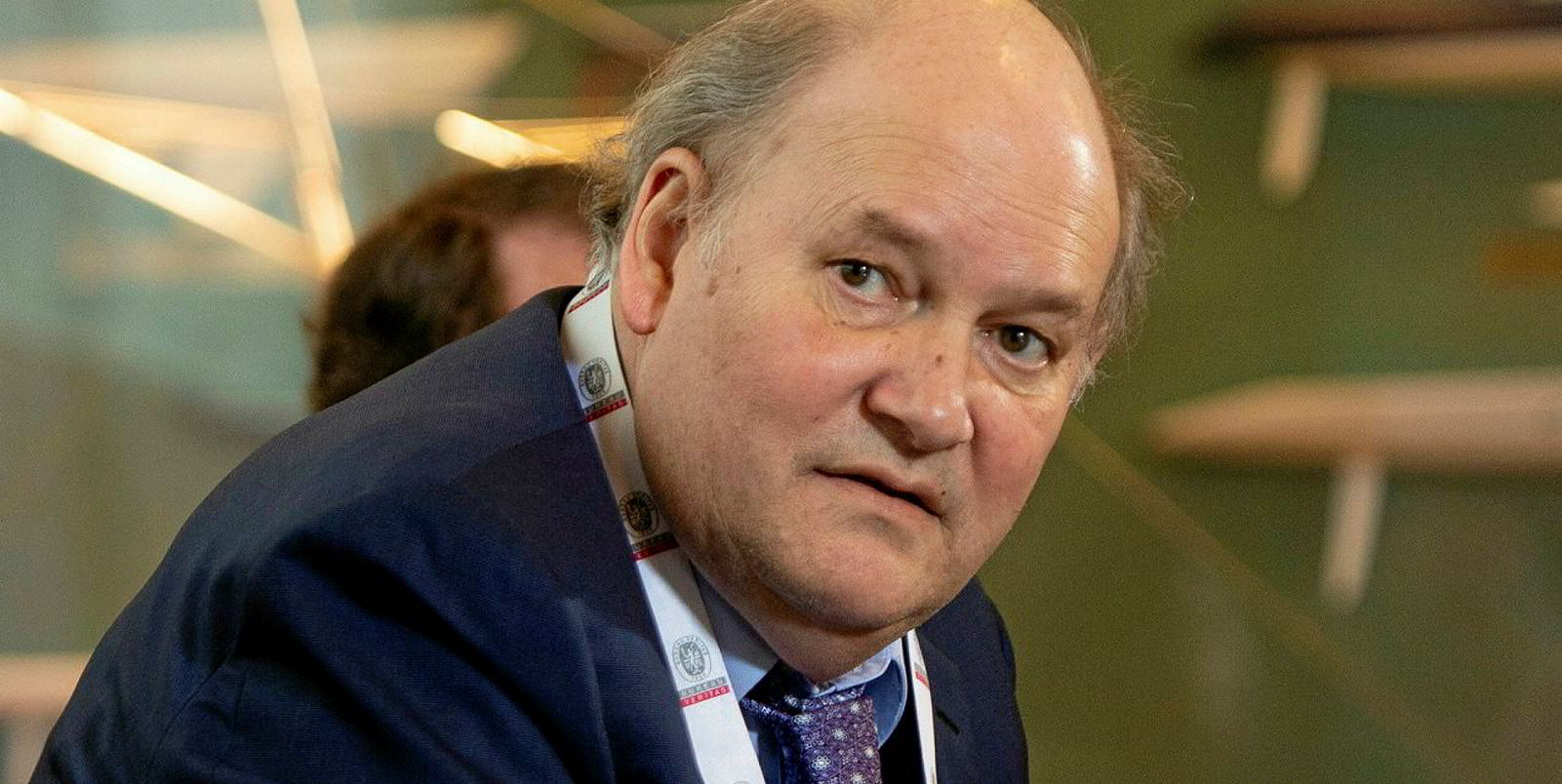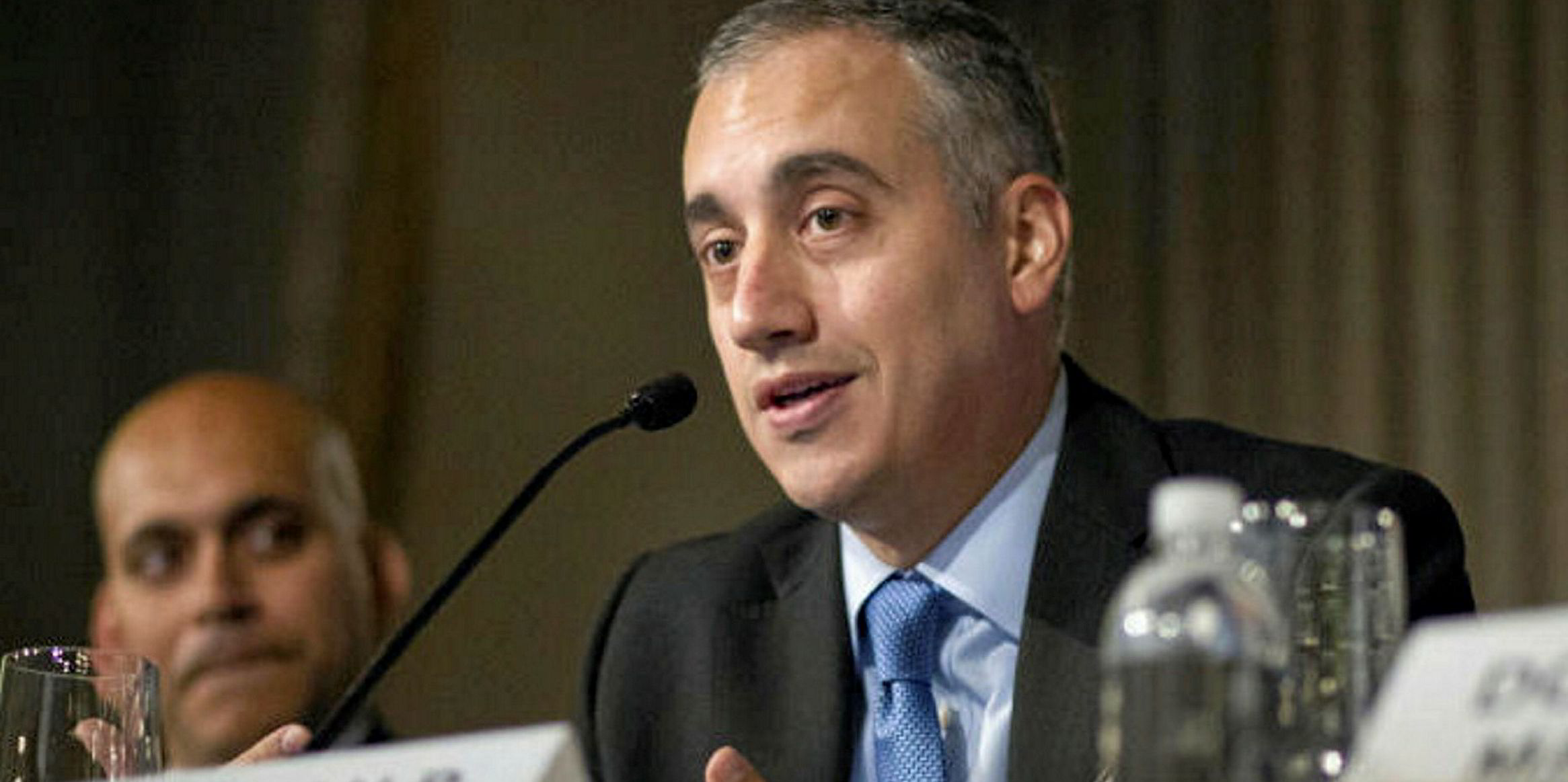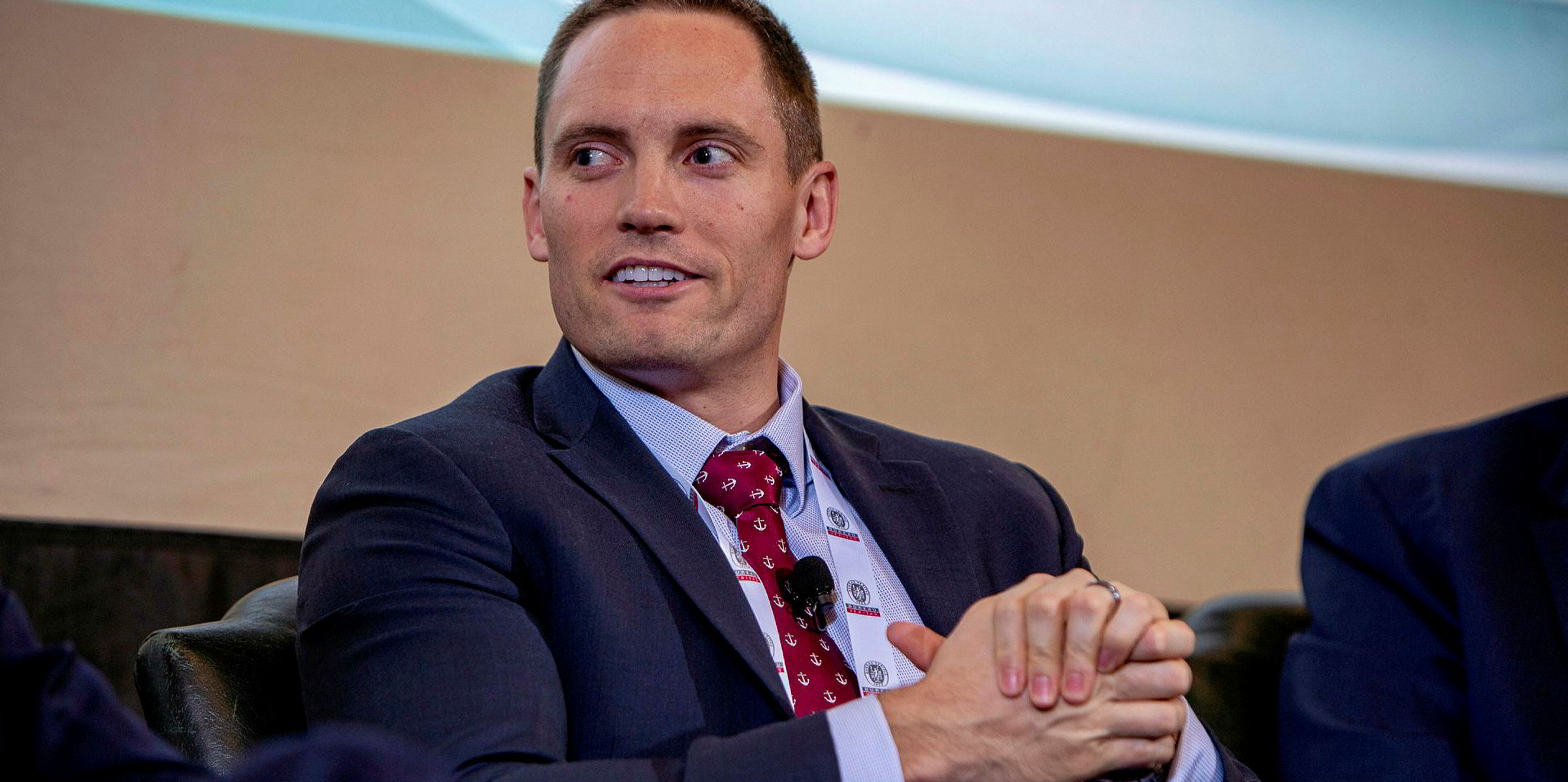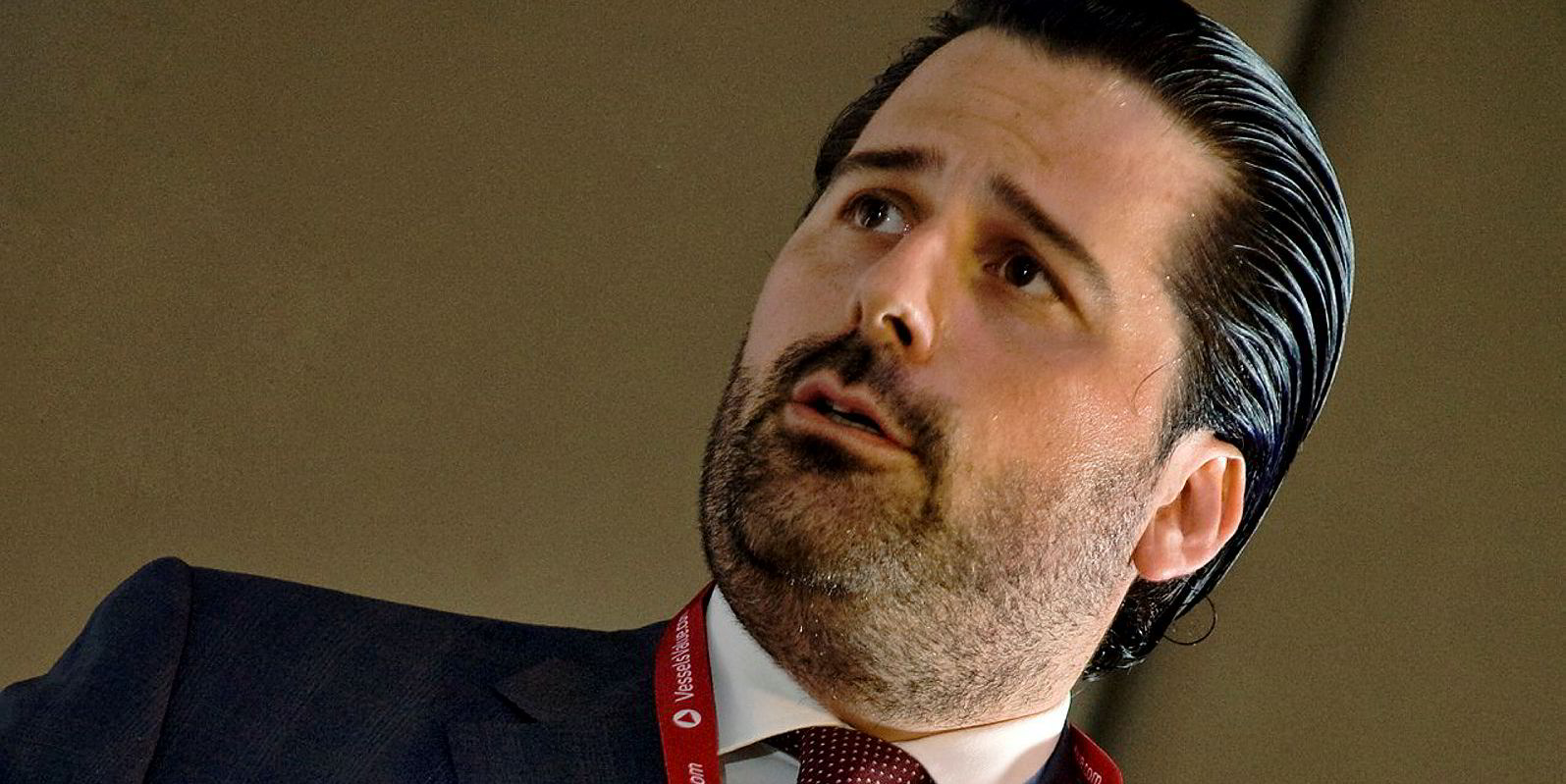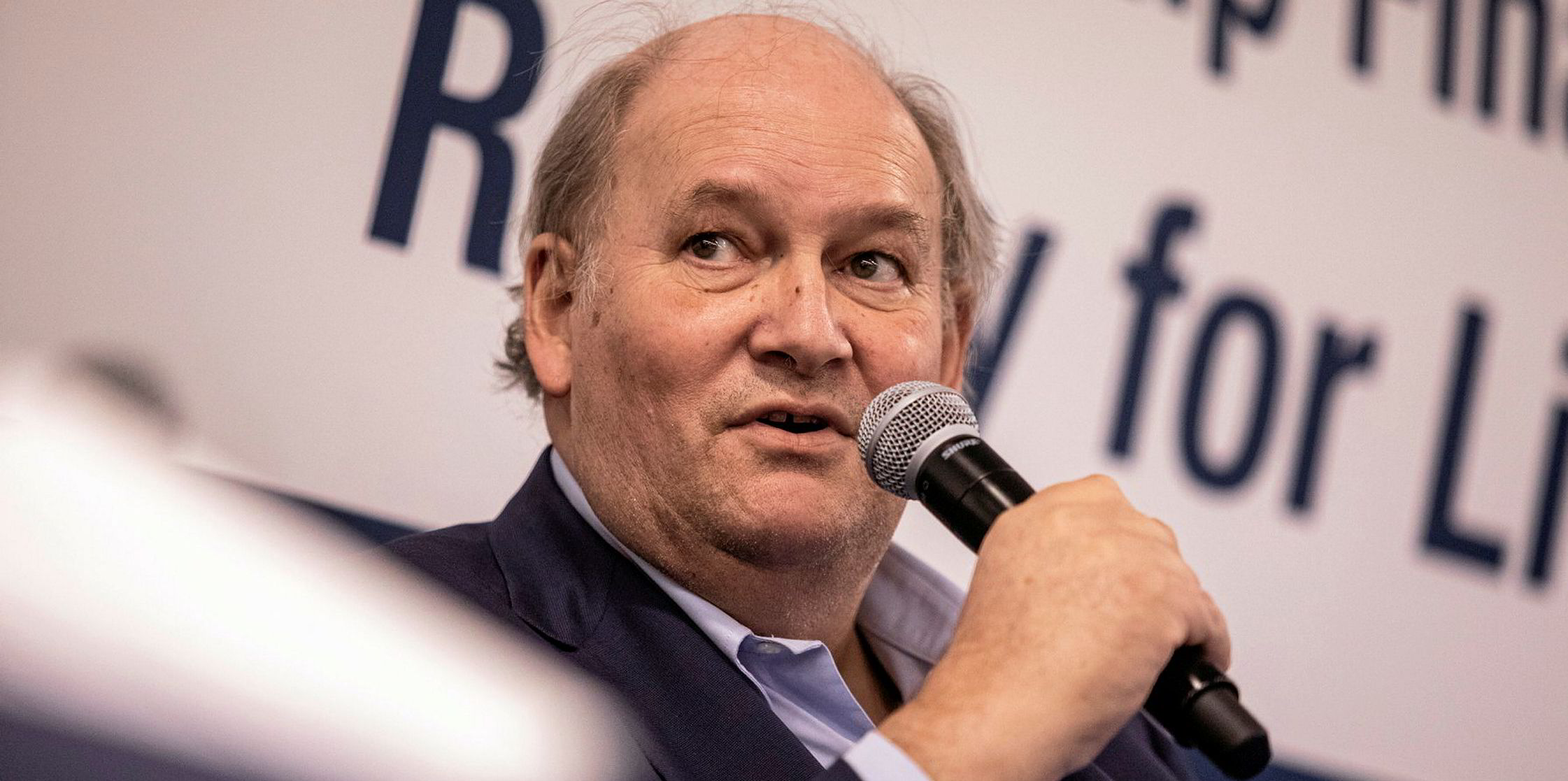A top executive of the world's biggest product tanker owner has no ambitions to build the world's largest dry bulk company.
That was the clear message from Scorpio Group's Robert Bugbee on Thursday from his unique perch as president of both Scorpio Tankers and Scorpio Bulkers.
Bugbee and chief executive Emanuele Lauro are the only executives to oversee US-listed companies in both sectors.
"I don't see us as buyers, really," said Bugbee in response to a question on consolidation during a webinar hosted by Arctic Securities.
"Consolidation in the dry bulk market is almost like, OK then, so what?" Bugbee said of the 50-ship Scorpio Bulkers fleet and its 137-unit sister company.
"In the product tanker market, you can generate scale, and that can really help you. In dry bulk, there are thousands of ships. I'm not sure our performance in the market would improve if we had 20 or 30 more vessels. There's no incentive in that sense.
"And there's a very active [sale and purchase] market so there's no reason we should pay a premium to anyone to acquire their company."
But it could work the other way, he suggested.
"If we were to take part in consolidation, it would be because we were a seller rather than a buyer, if someone were to come and buy our new fleet."
The theme of Thursday's webinar was a discussion of Scorpio Bulkers' prospects in a recovering bulker market, but given Bugbee's dual role – and Scorpio Bulkers' investment stake in its sister public company – it was not surprising to see tankers become part of the session.
The two markets are in very different places.
Dry bulk hire rates, led by capesizes, have been on a month-long rise off loss-making spot figures. Tankers, meanwhile, reaped record high rates for the first and second quarters, but numbers have come off severely with forecasts of tough quarters ahead amid destocking of oil inventories.
Still, Bugbee was able to fashion a recovery argument for both sectors.
"What's exciting about the markets we're in is that there are just so many different ships and so many different routes that when you see an uptick to this degree, it's a more solid indication that it's a broader recovery in demand – you can't put it down to delays in one area or shortfall of one commodity," Bugbee said of the increase in dry rates.
Scorpio operates primarily in the ultramax and kamsarmax sectors.
On the products side, rates have certainly waned, but largely because inventories are depleting at a more rapid pace than anyone imagined, driven by world economies reopening from the coronavirus, he argued.
Third-quarter results are always weakest but may not be much different from numbers in 2019 or 2018, he said.
"We have to get through a third quarter that may not be much different from normal, but then there's a reasonable chance you could get back to a balanced market by November or December, and then it's off to the races," Bugbee said.
